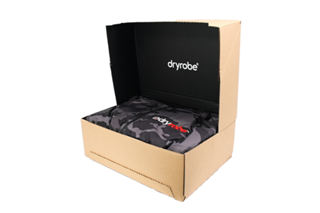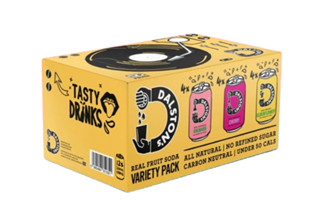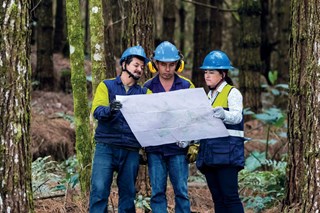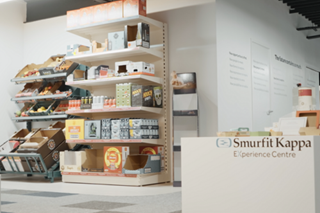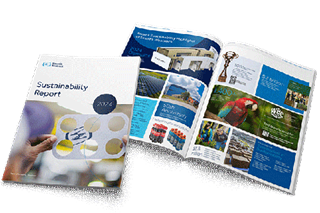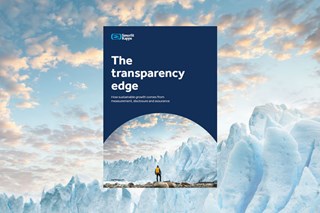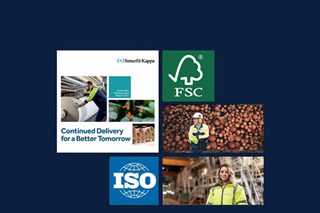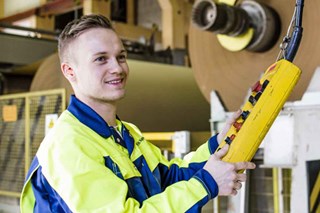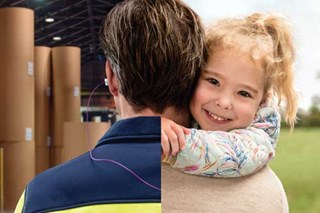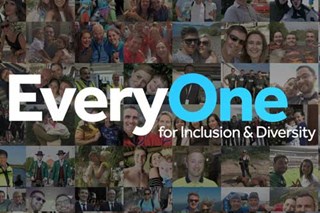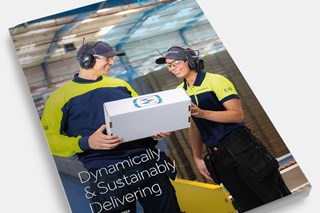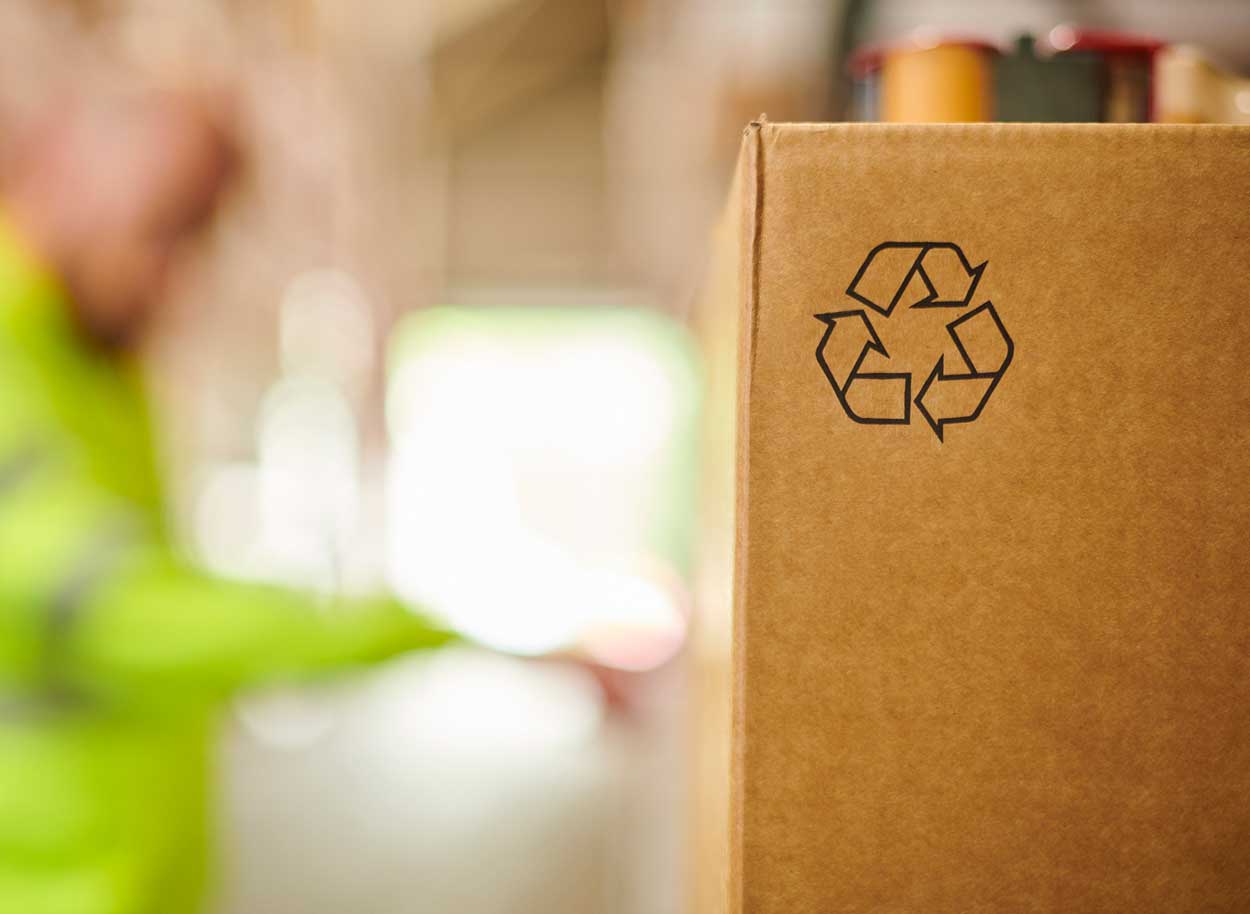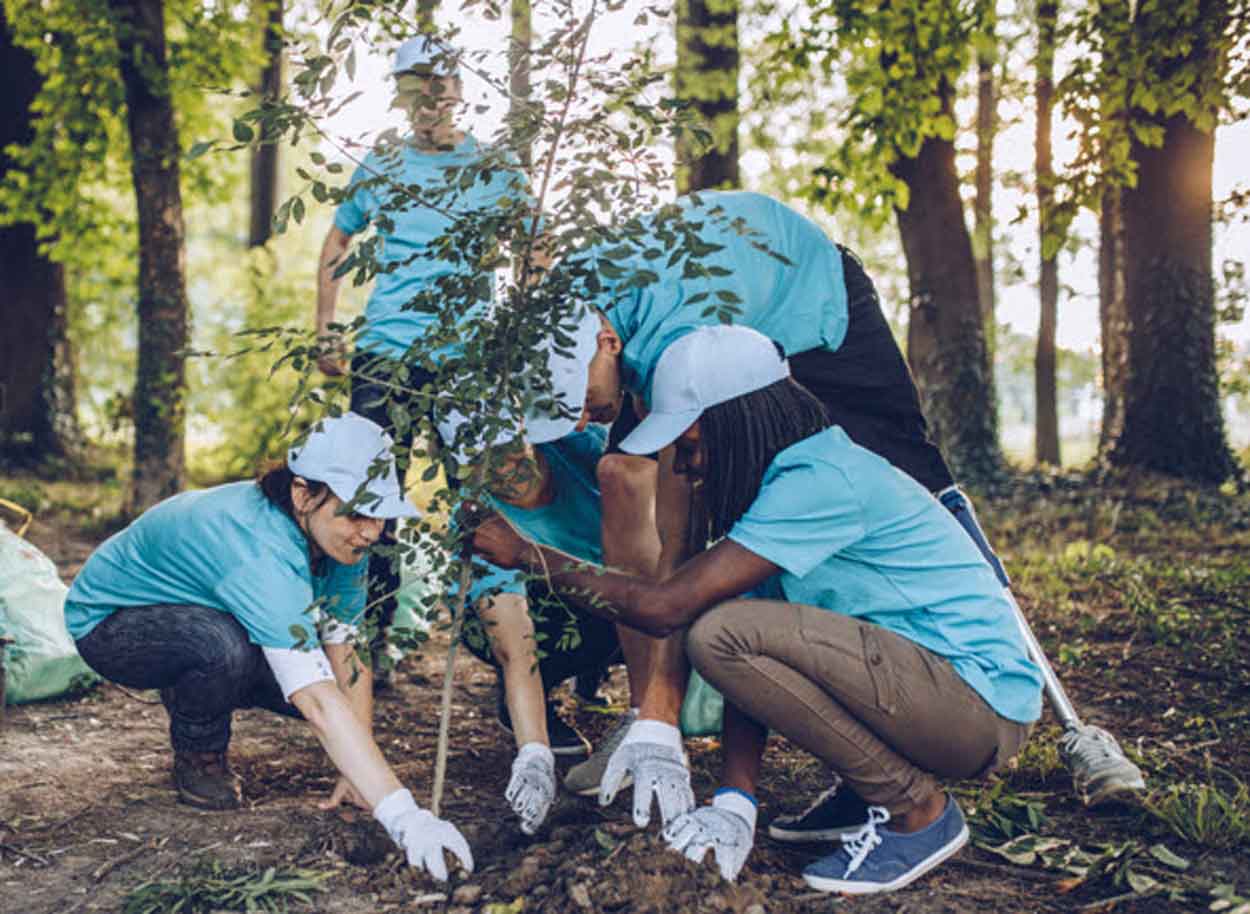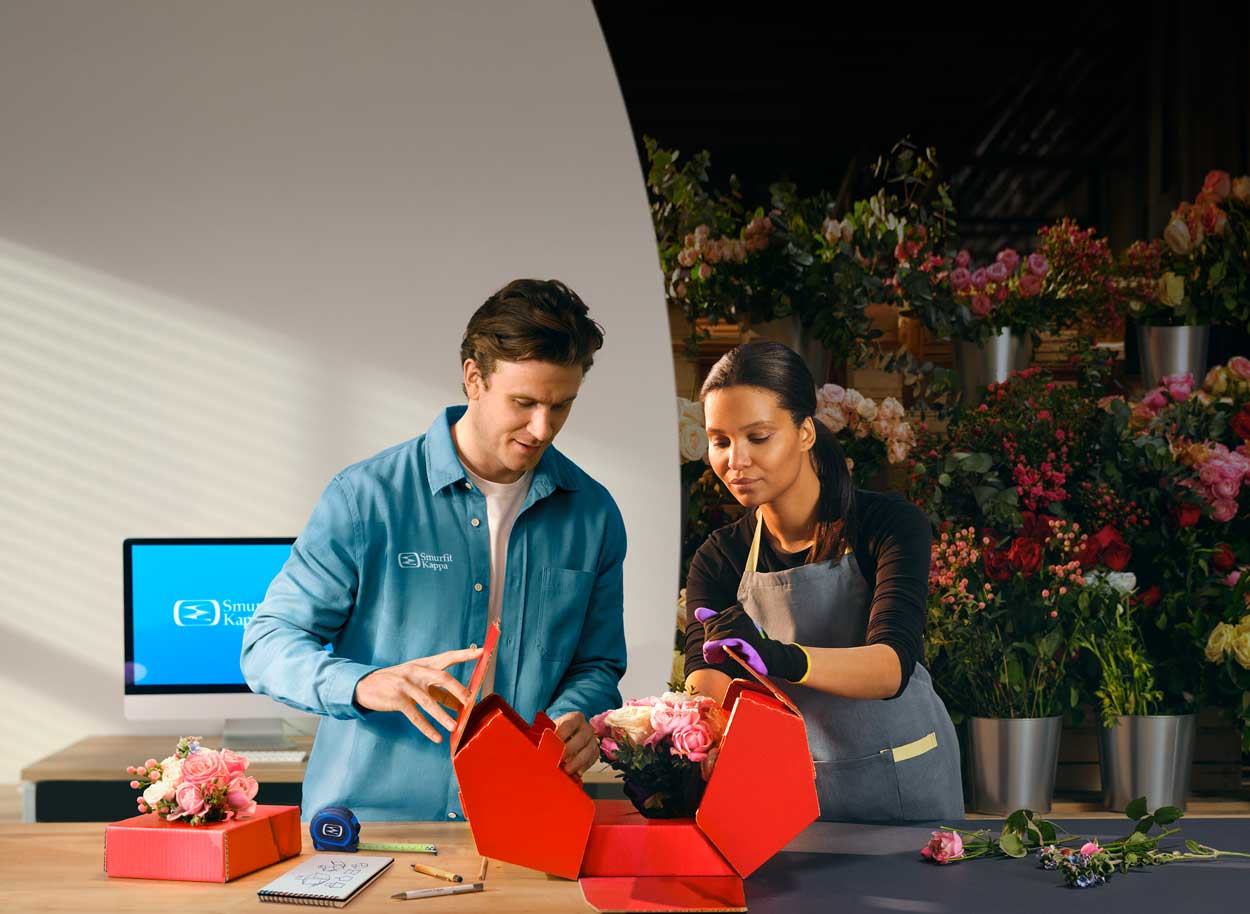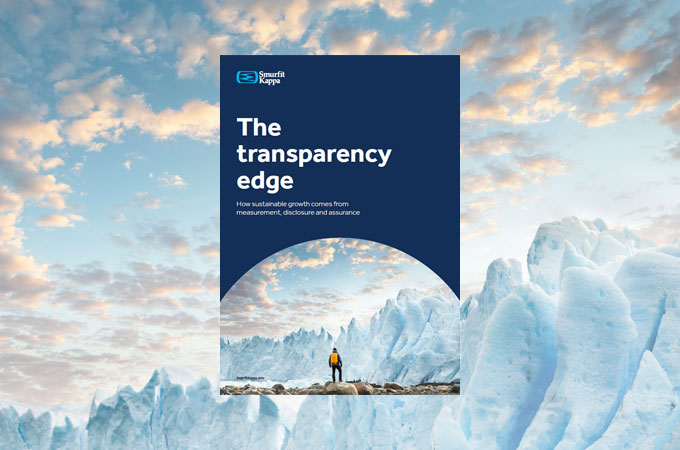Smurfit Kappa has worked with the Financial Times to conduct a piece of research to answer some of the most pressing sustainability questions. In a world where sustainability is increasingly business critical, find out how businesses are using the power of transparency to accelerate true sustainability.
Patagonia’s focus on its people is helping it to make tough decisions as it pursues sustainability
When Yvon Chouinard started selling climbing tools to his fellow climbers from the back of his car, the profits were slim — so slim, that on his climbing trips he resorted to eating squirrel and even porcupine. More than half a century later, his company Patagonia makes sales of over $1bn a year. Chouinard, meanwhile, is making headlines.
In September 2022, he announced that “Earth is now our only shareholder” and donated all his family’s shares in Patagonia, and with them about $100mn a year in dividends, to a trust dedicated to climate action. The move was the latest in Chouinard’s decades-long pursuit to build a better business world, and for organisations everywhere, it marked the beginning of a new global standard on corporate sustainability action.
“We are 50 years into an experiment of how to run a responsible business.”
“At Patagonia, we are 50 years into an experiment of how to run a responsible business,” says Nina Hajikhanian, DTC (direct to consumer) director for EMEA. “It started with producing durable, quality products and a commitment to cause less harm to the environment — and also to the people manufacturing the product.”
Listening to their people keeps businesses accountable
Patagonia has built that responsibility to its employees into its DNA. In 1988, when its Boston store opened, employees started getting headaches that were linked to a build-up of formaldehyde fumes from the non-organic cotton products. The company commissioned an independent report into the environmental impact of cotton production and by 1994 Chouinard had decided that the entire product line would be made exclusively from organic cotton.
“That is what real transparency goes back to: taking hard decisions and committing to them while being transparent about it.”
This process was not easy, according to Hajikhanian. “It meant cutting the product line back from 166 items to 60, and meant that 30 per cent of the range could not be produced until we found a solution,” she says. “That is what real transparency goes back to: taking hard decisions and committing to them while being transparent about it.”
Hajikhanian links Patagonia’s attitude towards its employees to its willingness to take tough decisions in the pursuit of environmental action. “If you bring your employees along on the journey and you involve them in key decisions, then you will have a fantastic sounding board that holds you accountable,” she says. “You will continue to take the decisions that are right, even if they are painful.”
Transparency builds trust
Many businesses struggle to make decisions that prioritise sustainability at the expense of short-term financial gain. New research commissioned by Smurfit Kappa and conducted by FT Longitude finds that in just over half of companies the need to balance customer demands for sustainability with shareholder expectations of return on investment compromises their decarbonisation efforts.
But Patagonia’s efforts show that the relationship between consumer expectations and financial returns can be complementary. The company’s clear action on sustainability and its transparent communication style are cultivating trust among consumers that it is not greenwashing.
“If you bring your employees along on the journey and you involve them in key decisions, then you will have a fantastic sounding board that holds you accountable.”
The Worn Wear repairs programme, one of Patagonia’s long term conscious consumption initiatives, is designed to encourage customers to buy fewer Patagonia products and keep their gear in play for longer. The scheme provides guidance and in-store workshops on how to repair gear and how to recycle used items. It offers customers to have their Patagonia product repaired, often for free, for the lifetime of the product.
“It's getting customers, consumers — even dealers — to think, ‘How much do I put out in the market? Is that even necessary? What else can I do?’," says Hajikhanian. “You get the consumer’s trust: they can see that you do what you say, and you say what you do.”
Patagonia has found a way to grow long term without compromising its environmental goals, which Hajikhanian attributes to the company’s openness. “At Patagonia, we talk about leading an examined life,” she says. “That means learning as you go along and making sure you do the best you can at any point in time. When you learn you have done something wrong, make sure you are honest with yourself, your employees and your customers. Then, make sure you learn from it.”

